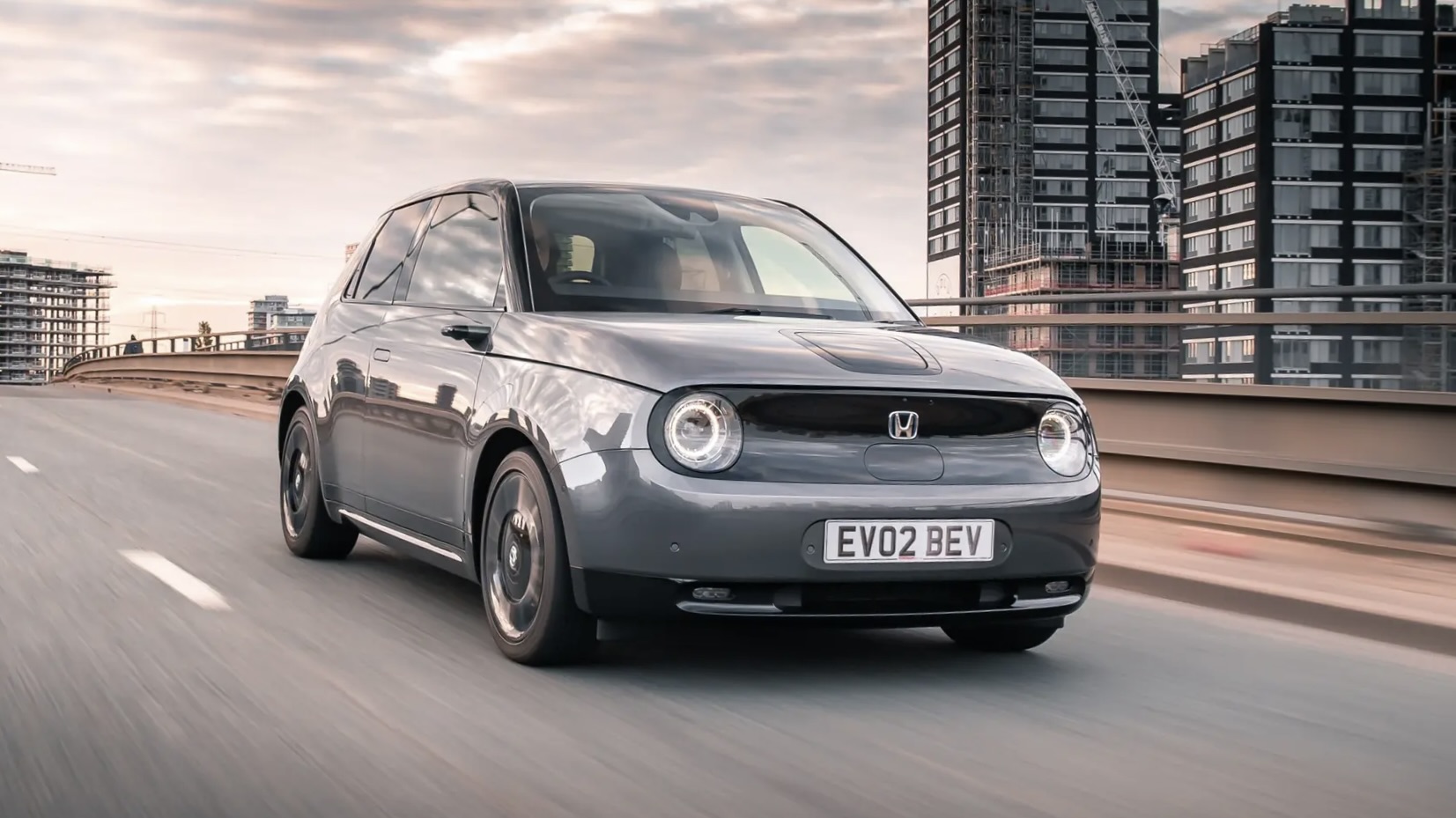Hybrid automobiles have been receiving a whole lot of excitement the very last 3 or 4 yrs, and now with the soaring charge of oil and gasoline, hybrids are anticipated to get hotter than at any time. Listed here are some Issues and Responses about hybrids.
1. What is a hybrid car or truck?
A motor vehicle is a hybrid when it brings together two or far more resources of electric power. Hybrid automobiles practically normally have a gasoline engine and an auxiliary electrical motor method that operates off rechargeable batteries.
We ordinarily believe that the issue of hybridization is to help save fuel, and that is definitely the circumstance with most of the smaller sized compacts and sedans. But in fact some of the a lot more upscale hybrid styles are far more concerned with boosting electricity and “general performance” with out the common reduction in gas efficiency.
2. Do you have to plug your hybrid in at night?
You may perhaps believe for the reason that a hybrid vehicle operates portion of the time off its battery pack, that it is needed to plug it in at evening and recharge the batteries (like a golfing cart!). But this is almost hardly ever the situation. Hybrid cars recharge their batteries “on the fly” by making use of unused electrical power which is commonly wasted during standard driving.
For instance, most have a program that captures some of the electricity applied whilst implementing the brakes, and converts it to electrical electricity to demand the battery. This is called “regenerative braking”.
If hybrids experienced more substantial battery packs that you could plug into the electric power grid, they would be equipped to transfer much more of the vehicle’s electric power requirements around to the electric motor(s), and use even much less gasoline. But most automobile makers have been unwilling to go this route, arguing that modern batteries could not take the additional load and far more extensive use.
3. Do you have to replace the batteries?
The shorter respond to is No. Hybrid batteries normally have an 80,000 – 100,000 mile guarantee. The U.S. Office of Electrical power analyzed them to 160,000 miles and stopped testing for the reason that they continue to done practically like they ended up brand new. Some taxi drivers have absent a lot more than 200,000 miles in a Toyota Prius without having battery problems.
In any occasion, due to the fact hybrid battery packs have hundreds of cells, specific cells or modules could be changed if there was a challenge.
The ideal way to hold nickel metallic hydride batteries doing at their peak is to hold their charge among 40% and 60% — hardly ever fully billed and hardly ever entirely drained to zero power.
4. How long have hybrids been about?
Alternate options to the ICE (inner combustion engine) in automobiles have been around given that at the very least 1900. The first patent for a gasoline-electrical hybrid vehicle was submitted in 1905. Choice fuel sources were wiped out as a outcome of two issues. To start with was the enhancement of the electrical self-starter (in 1913) that manufactured gasoline driven automobiles considerably much easier to begin.
The next enhancement was the advent of the age of low-cost oil that started off close to the time of the very first Environment War. This completely removed the economic incentive to glance for choice fuel resources. This is only starting up to transform now, 80 decades later on.
5. Are hybrids high priced to buy?
In January, 2006, there were being 10 different hybrid models available from $19,000 to $53,000. The most common versions — the Perception, Civic, and Prius — are fewer than $30,000. According to vehicle maker announcements there ought to be far more than 50 models offered by 2010. As revenue and manufacturing increase the rates should not be drastically additional than for typical ICE models.
Even with the somewhat bigger common expense for a hybrid — usually all over $3,000 — these further initial charges can be offset by federal and point out tax incentives, lower maintenance costs, and extremely solid resale values.
6. Are hybrids small and underpowered?
First hybrid products emphasised fuel financial state, so were a great deal lighter cars, and had smaller sized engines. The goal was to offset the reduction of ability in the ICE with added energy from the electric motor. This would result in in essence the very same amount of electricity whilst burning significantly less fuel.
But this principle does not have to outcome in underpowered cars. In reality the Lexus Rx400h and Toyota Highlander Hybrid each have a 270 horsepower ability technique. And the Lexus GS 450h hybrid sedan is expected to have more than 300 horsepower and go -to-60 in considerably less than six seconds. Taking the quest for hybrid energy even further, the Toyota Volta concept venicle has a 408 hp electric power plant.
7. What is the principal cause men and women obtain hybrid cars?
Saving money on gasoline is the to start with matter most potential buyers think of. But, in truth, the volume saved on fuel in excess of the everyday living of the automobile may perhaps not equal the more obtain value of the hybrid.
There are clearly other aspects at enjoy in the step by step constructing reputation of hybrids. Some people today want to make a “eco-friendly” assertion, other individuals simply want to be the 1st on the block with a new and promising technological innovation.
8. Will hybrid technological innovation save the ecosystem?
You can find no doubt about it. Hybrids are becoming extra preferred. In the earlier five a long time hybrid sales in the U.S. have grown 2000 percent. Profits in 2000 ended up 9,500, and by the end of 2005 had developed to around 200,000.
But even this much larger range is just 1.2% of the 17 million new cars and trucks offered past calendar year. If just about every hybrid gave double the existing gas financial system, from an average of 20 mpg to, say, 40 mpg, that would save about 100,000 gallons of gasoline a day. But that amount pales in comparison to the full every day gasoline consumption in the U.S. — 400 million gallons! The personal savings of 100,000 gallons would deliver that number all the way down to … 399,900,000 gallons.
Not quite sizeable. Obviously governments and car makers will have to get started getting extremely really serious about hybrid technology in advance of it will make a considerable difference.
9. Does that necessarily mean hybrid technologies is only a trend?
No it does not. Since the only way towards a sustainable long term is to discover a blend of fuels that will lessen our just about total dependence on oil. Hydrogen fueled vehicles will be portion of that future, as will fuel cells, deisel, and choice fuels these kinds of as ethanol.
But what is pretty much particular is that each individual promising remedy will involve some variety of hybrid combination of technologies. So today’s hybrid autos are an significant and essential phase to a substantially more promising and sustainable foreseeable future.




More Stories
BMW 330e Electric Range: Efficiency You Can Rely On
Peugeot 308 PHEV: Efficiency and Style Combined
Explore the BMW 330e Range: Efficiency Meets Performance